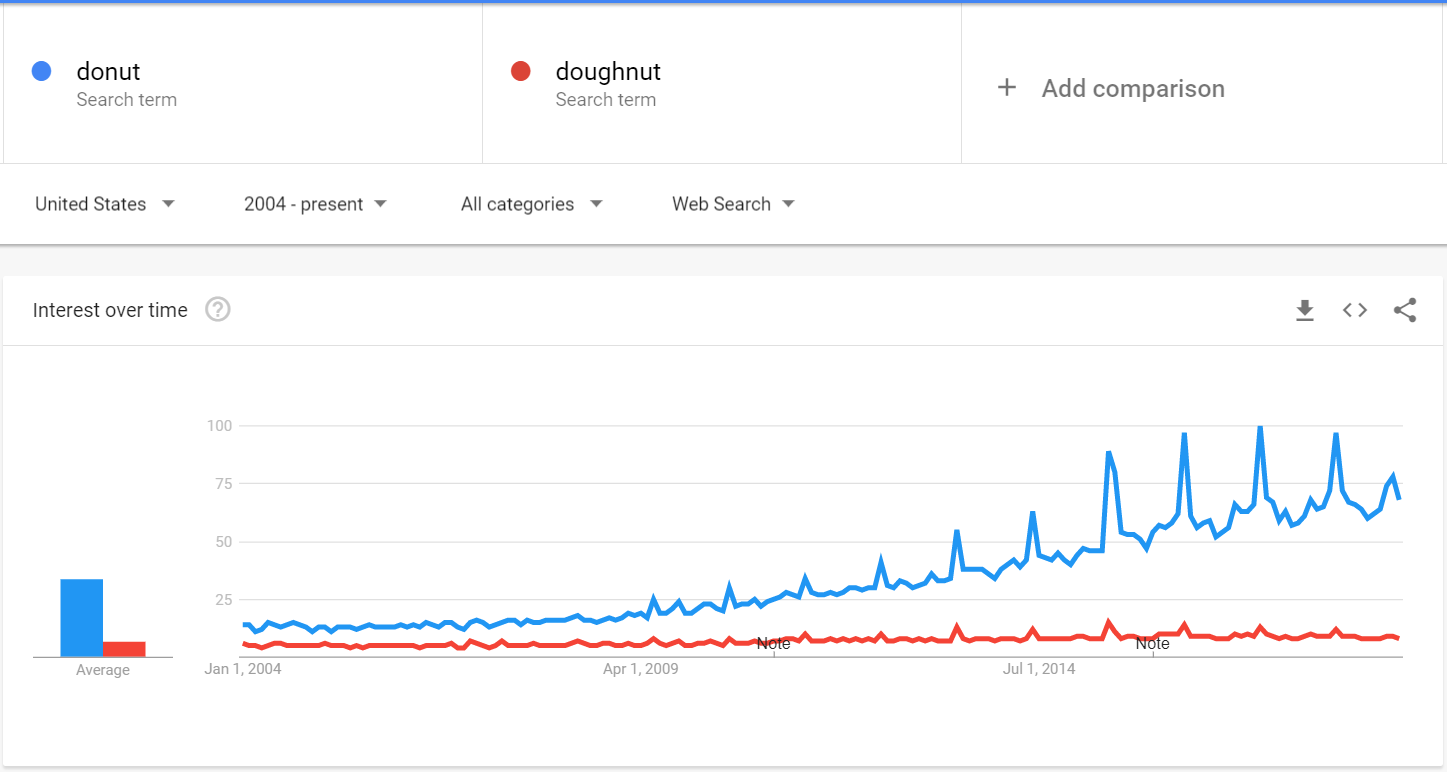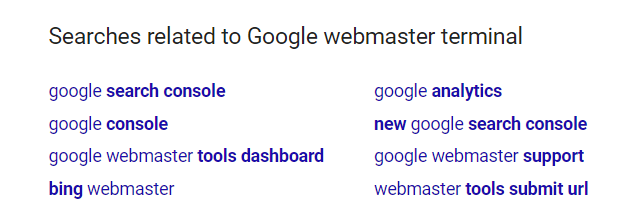Keyword research can be difficult especially when keeping content relevancy in line, but there are some tools to help that are free to use! Google trends is one of those tools. Google trends is great for figuring out which keyword to use out of a group of keywords all meaning the samething but appealing to different people. Google trends shows the search volume for any keyword entered, as well as location search volume based on date and even type of content like video, image, news, product and web searches. It’s easy to see why it’s a goto for many SEOs, digital marketers and content writers alike. However, there are somethings to consider before diving head first into Google trends.
Keyword And Location Matters With Users Search
Every location is not created equal when keyword usage is concerned. Different locations could naturally use different keywords for the samething. For SEO, user intent in keywords is all the focus, anything else will not benefit the website being optimized. This is why it’s important to do the research and figure out what keywords are used when users search for your product or service. Any location wanting to be targeted needs to become as familiar as a local neighborhood you grew up in. These familiar localized keywords are great to use as anchor text or alt text when writing for local content.
Search engines aren’t dumb, they haven’t competed against countless rivals just to be fooled by tactics. When targeting a location with a keyword, it’s wise not to keyword stuff, this will only penalize your website from ranking for that keyword. Search engines understand location based on content as well as the overall website. If a location isn’t as popular as a close by city, search queries are most likely not going to be targeting the lower populated location. Many users don’t even type a location when they search, they type in ” service near me ” instead, search engines do the hard work. Use Google trends to discover those popular searches, based by location.
Keyword Slang Can Outperform Correctly Spelled Keywords
Understanding the slang for keywords matters greatly, as search engines will treat slang spelling the same as regular. But not using that slang keyword, could mean missing out on all the search traffic searching with the slang keyword. A good way to think of proper keyword variations for users is kinda simple, infact we can use the old motto ” K.I.S.S. ” ( Keep It Simple Stupid ), because your users are keeping it simple. Many users search with the least amount of characters possible.
Users will search the easiest way they can, and that often means to shorten spelling for faster typing. This matters alot when you’re trying to target a user base for ” doughnuts “, but everyone is searching with ” donuts “. Which has changed drastically from an equal divide of user searches to a gap no digital marketer would want to ignore. Find the proper spelling for any keyword targeted, to avoid any costly SEO mistakes down the road.
In fact since June 4th 2004 the keyword term ” donut ” has surpassed ” doughnut ” by 60 to 1:

One thing to point out, for any data minded people, those spikes are from ” National Donut Day ” in the U.S., thank Bruceclay.com for that information.
Data Can Be Wrong So Use Supporting Data
Just because it’s from Google, doesn’t mean it’s 100% correct. Google does make mistakes, like incorrect data and even deindexing webpages on accident, ” Whoops “. Keywords can be confused with other keywords, often it’s when a keyword is being used out of context. Just making the keyword plural or adjusting the search phrase to what makes sense should clear up any issue. So it’s a good rule of thumb to double check data in some way, an easy way is to just check search results yourself. An easy search to see if the search results count remotely add up to what you see in Google trends. Often search engines will make suggestions providing the more popular phrase instead of what was searched.


Does Your Website Use Google Trends In Keyword Research?
Contact SEOByMichael for a SEO audit and let’s create a strategy that evolves with the future.


